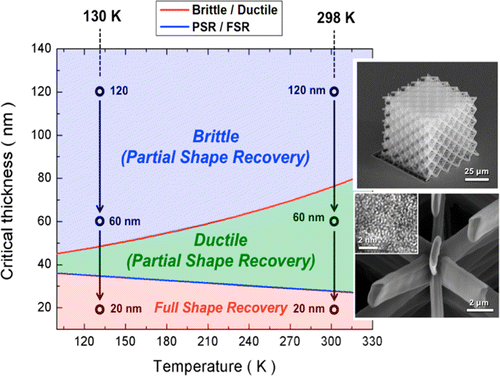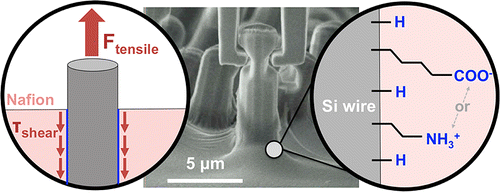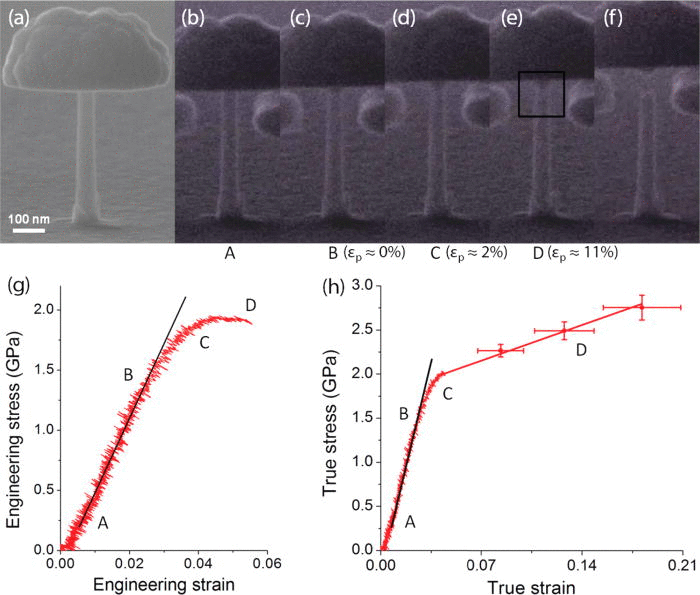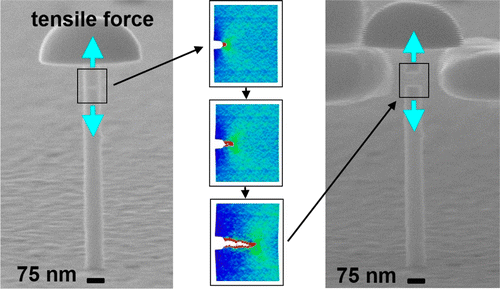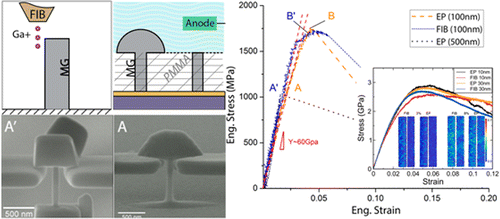
David Ken
I am currently a Data Scientist at Capital One, where I am a technical lead focused on training and deploying LLMs for customer call understanding. Recently, I have led publications in COLING and EMNLP. Previously, I've worked as a Lead Data Scientist at Wells Fargo and a Data Science Fellow at Insight Data Science. Prior to working as a Data Scientist in industry, I was a Lab Manager and Postdoctoral Associate in the Physics Department at Duke. I received a PhD from Caltech in Materials Science, where I studied glassy materials and their mechanics. I love complex networks: from wooden puzzles and grains of sand, to glasses and neural networks. What these diverse subjects have in common is their ability to remember. Piles of sand, just like our brains and neural networks can have a memory of the past through their complex fabric of contacts!
I believe that these networks will transform how we understand the world. Outside of research, I use machine learning to make models that try to: recommend games to groups, predict NBA player performance, and learn what perfumes smell like. In my free time, I am an avid baller - currently repping a pair of the Westbrook Why Not?'s. I also enjoy taking pictures and traveling (outside of basketball).
P.S. If you're wondering why my name appears as "Chen" and "Ken" in various places, it is because I recently got married and my wife and I decided to combine our names into a new one!









